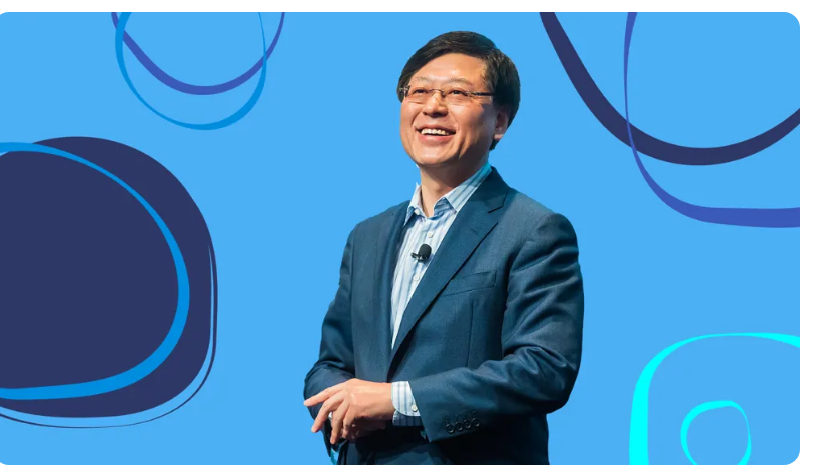EU AI 규제법, 8월부터 본격 시행… “창작물 무단 활용 두고 충돌 계속”(EU AI Act to go into full effect in August... "Clashes over unauthorized use of creative works continue")
2025년 8월 2일부터 유럽연합(EU)의 ‘AI 법(AI Act)’이 본격적으로 적용되면서, 인공지능(AI) 기술을 둘러싼 산업계와 저작권자 간의 갈등이 가열되고 있다. 이 법은 세계 최초로 AI를 포괄적으로 규제하는 내용이 담겼으며, 특히 AI 모델에 학습용 데이터로 활용되는 콘텐츠의 저작권 보호가 중요한 쟁점으로 부각되고 있다.
◇ AI 기업, “혁신 속도 저하” vs. 언론사∙예술계, “창작물 무단 수탈”
이 법안의 핵심은 AI 회사가 훈련 데이터로 특정 저작권이 있는 작품을 사용할 경우 해당 권리자에게 고지해야 한다는 점이다. AI 기업들은 이를 “행정적 부담이 지나치다”라며 반발하고 있다. 오픈AI(ChatGPT 운영사), 메타, 프랑스 스타트업 미스트랄AI(MistralAI) 등은 유럽의 복잡한 규제가 글로벌 혁신 경쟁에서 뒤처지게 만든다고 주장해 왔다.
반면 언론사나 예술계, 저작권 단체들은 지난 몇 년간 본인들의 작품이 무단으로 AI 모델에 학습되어 왔다며 반발 수위를 높이고 있다.
뉴욕타임스 등 미국 언론사가 이미 오픈AI를 저작권 침해로 연방법원에 제소했으며, 프랑스의 ‘레제코-르파리지엔(Les Echos-Le Parisien)’도 같은 방식의 소송을 검토 중이라고 밝혔다. 이들은 AI가 과거 데이터까지 포함해 창작물을 활용한 만큼 적절한 보상을 지급해야 한다고 목소리를 내고 있다.
◇ 프랑스의 ‘양면성’… “문화 보호 대 혁신 허브 육성”
특히 프랑스는 유럽에서 가장 강력한 저작권 법제를 갖추고 있으면서도, AI 분야에서 가장 역동적인 스타트업 생태계를 육성 중인 국가로 꼽힌다.
마크롱 대통령은 AI가 ‘소프트 파워’의 열쇠라는 인식 아래, 미국과 중국에 맞서기 위해 막대한 민관 자본(1,090억 유로)을 투입한다고 발표했다. 프랑스에서는 이미 MistralAI가 유럽 최대 AI 스타트업으로 각광받고 있으나, 동시에 언론사 및 예술가 단체들은 자신들의 권리를 보호하기 위해 강력한 규제를 원하고 있다.
◇ 8월 2일 이후 벌금 폭탄 가능성… “상호 협력 체계가 관건”
8월 2일부터 AI Act의 통지 의무가 발효되면, 이를 어긴 기업은 EU에서 막대한 벌금을 부과받을 수 있다. 현재 유럽 내부에서는 실제로 어느 정도까지 세부 목록을 공개해야 하는지를 두고 이견이 존재한다. AI 기업들은 사용 중인 방대한 데이터베이스를 일일이 공개하거나 권리자와 별도 합의를 맺는 과정이 어려울 수 있다고 우려한다.
전문가들은 이전에 유럽이 시행했던 개인정보 보호법(GDPR)도 초기에는 반발이 컸으나, 장기적으로는 글로벌 표준이 됐다는 점에 주목한다. 마찬가지로 AI Act 역시 전 세계적으로 비슷한 규제 흐름을 촉발할 가능성이 높다는 분석이다. 창작자들의 권리를 보호하면서도 AI 혁신을 저해하지 않을 ‘협력 모델’을 만드는 일이 앞으로의 핵심 과제가 될 전망이다.
참고 유럽연합(EU)의 AI Act는 인공지능(AI) 시스템의 사용을 규제하는 세계 최초의 포괄적인 법적 프레임워크다 이 법안은 2024년 8월 1일부터 단계적으로 시행되고 있으며, 주요 내용은 다음과 같다.
위험 기반 접근법
AI Act는 AI 시스템을 위험 수준에 따라 4가지 카테고리로 분류한다.
용인할 수 없는 위험: 금지됨 (예: 정부의 사회 점수 시스템)12
고위험: 엄격한 규제 적용 (예: 의료 애플리케이션)12
제한적 위험: 투명성 의무 부과 (예: ChatGPT와 같은 생성형 AI)1
최소 위험: 규제 없음 (예: 스팸 필터)1
주요 규정
용인할 수 없는 위험 AI: 2025년 2월 2일부터 금지17
고위험 AI: EU 데이터베이스 등록, 철저한 위험 평가 및 정기 보고 필요1
제한적 위험 AI: AI 생성 콘텐츠 공개 및 불법 콘텐츠 생성 방지1
최소 위험 AI: 대부분 의무 없음, 자발적 행동 강령 채택 가능1
시행 일정
2025년 2월 2일: 용인할 수 없는 위험 AI 시스템 금지17
2025년 8월 1일: 일반 목적 AI 모델 제공자 의무 및 벌칙 규정 적용1
2026년 8월 1일 및 2027년 8월 1일: 고위험 AI 시스템에 대한 규칙 적용1
영향 및 의미
글로벌 영향: EU 시장과 연관된 모든 AI 시스템에 적용되어 전 세계적 파급 효과 예상3
높은 벌금: 최대 3,500만 유로 또는 전 세계 연간 매출의 7% 중 더 높은 금액3
기업 의무: AI 시스템 식별, 위험 평가, AI 거버넌스 프레임워크 구현, 운영 투명성 보장1
역외 적용: EU 외부에서 개발된 AI 시스템이라도 EU 내에서 사용되는 경우 적용68
AI Act는 AI 기술의 안전성, 투명성, 책임성을 강화하고 EU의 가치와 기본권을 보호하는 것을 목표로 한다. 기업들은 이 법안을 준수함으로써 법적 위험을 줄이고 AI 시스템에 대한 신뢰를 강화할 수 있을 것으로 보인다1.
EU’s AI Act Takes Effect in August, Setting Stage for Clash Over Copyrighted Content
Beginning August 2, the European Union’s (EU) landmark AI Act will come into force, triggering heightened tensions between AI developers and copyright holders. The legislation is the first in the world to impose comprehensive regulations on artificial intelligence, with a special focus on protecting works used as training data.
◇ AI Companies Warn of “Innovation Slowdown,” While Media Outlets Accuse “Unauthorized Exploitation”
A key provision in the AI Act requires companies to notify rightsholders before using any copyrighted material to train AI models. Industry heavyweights including OpenAI, Meta, and French startup MistralAI have criticized these new rules, arguing that complicated regulations could hinder Europe’s competitiveness in the global tech arena.
On the other side, major news organizations and creatives claim their works have been “scraped” without permission for years. The New York Times and other U.S. media groups have filed federal lawsuits against OpenAI for copyright infringement, while France’s Les Echos-Le Parisien is considering a similar lawsuit. These organizations insist on compensation not only for future uses but also for past instances in which their content was used to train AI algorithms.
◇ France’s “Double Identity”: Defending Culture While Building an AI Hub
In Europe, France stands out for its robust copyright protections as well as its ambitions to become a leading AI center. President Emmanuel Macron recently announced a massive public-private investment of €109 billion to strengthen French AI efforts, seeing it as a key to future “soft power.” MistralAI, the largest AI startup in Europe, is a testament to France’s emerging AI ecosystem. Yet at the same time, the country’s media organizations and artist collectives are pushing to safeguard author’s rights through strict regulations.
◇ Potential “Billion-Euro” Fines… “Collaboration Is Key to a Sustainable Future”
From August 2, any breach of the AI Act’s notification requirements could result in huge fines within the EU. Debates continue about how granular the data disclosure must be and what form licensing agreements should take. Some AI firms fear the monumental challenge of documenting or removing vast amounts of data from their systems.
Observers compare this situation to the EU’s General Data Protection Regulation (GDPR), which faced stiff opposition at first but ultimately became a global template for privacy and data protection. Similarly, the EU’s approach to AI regulation may set a precedent worldwide. The challenge now is to establish a collaborative framework that protects creators’ rights without crippling AI innovation—a balance that may well shape the industry’s future course.

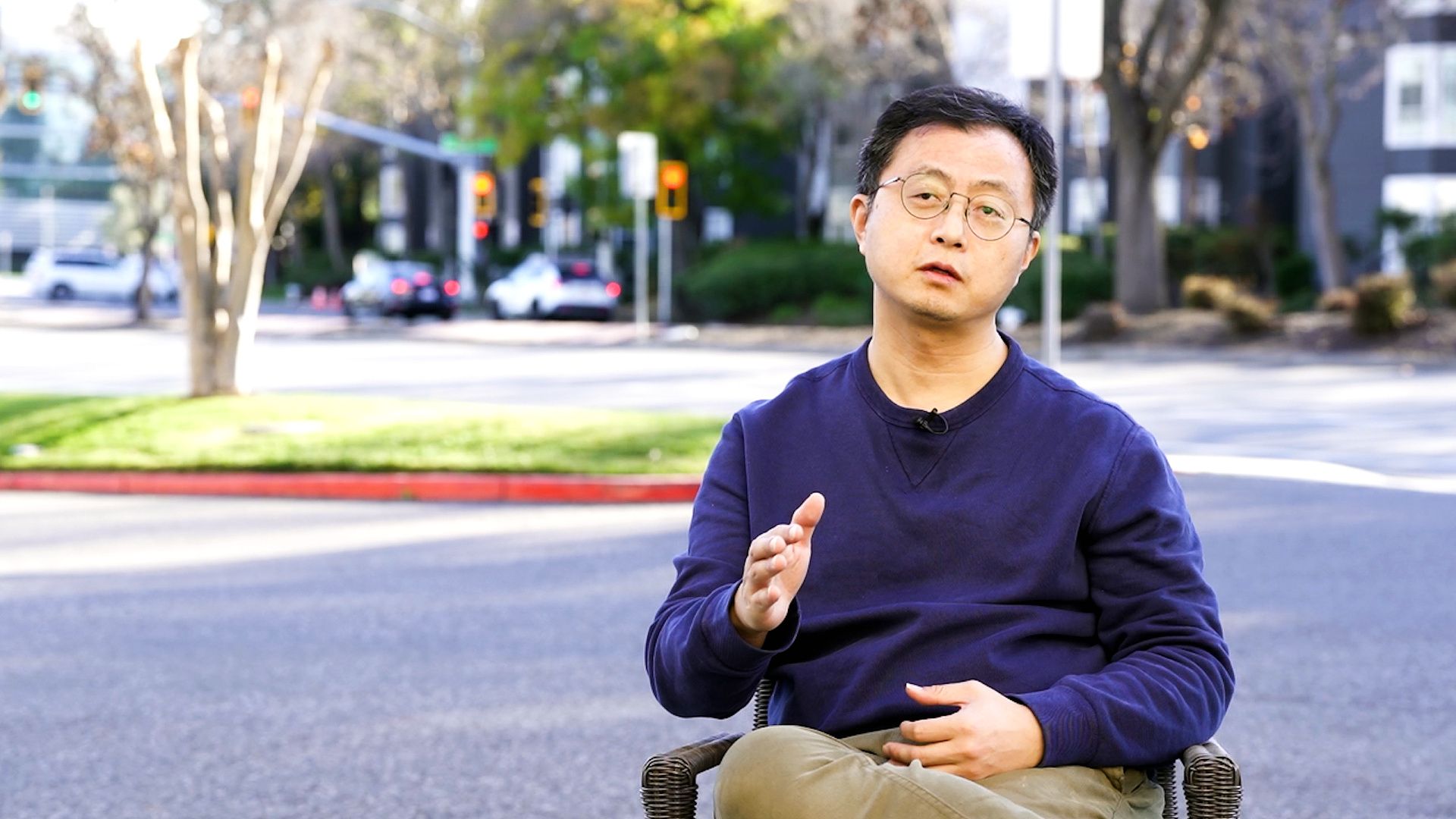
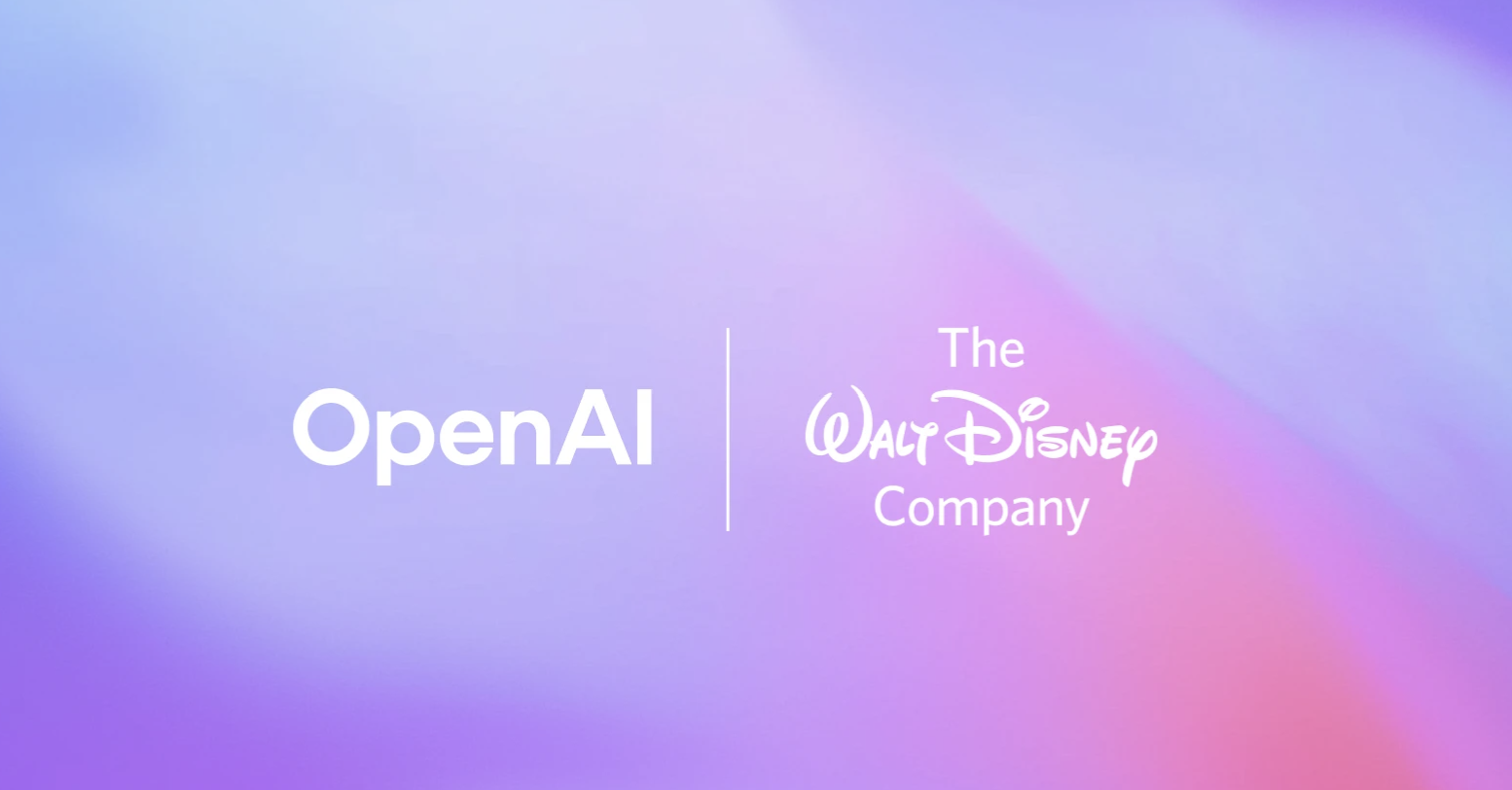
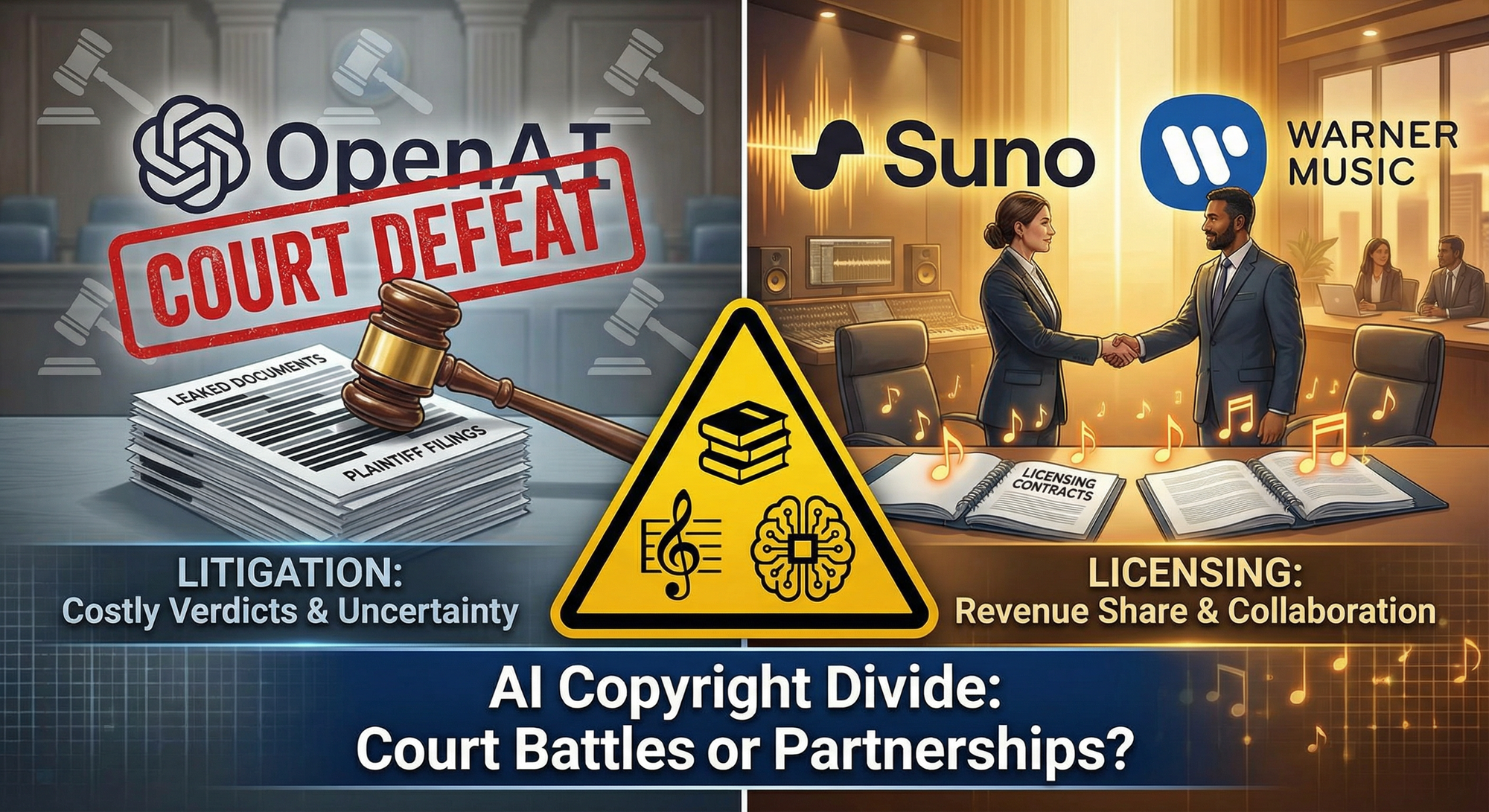

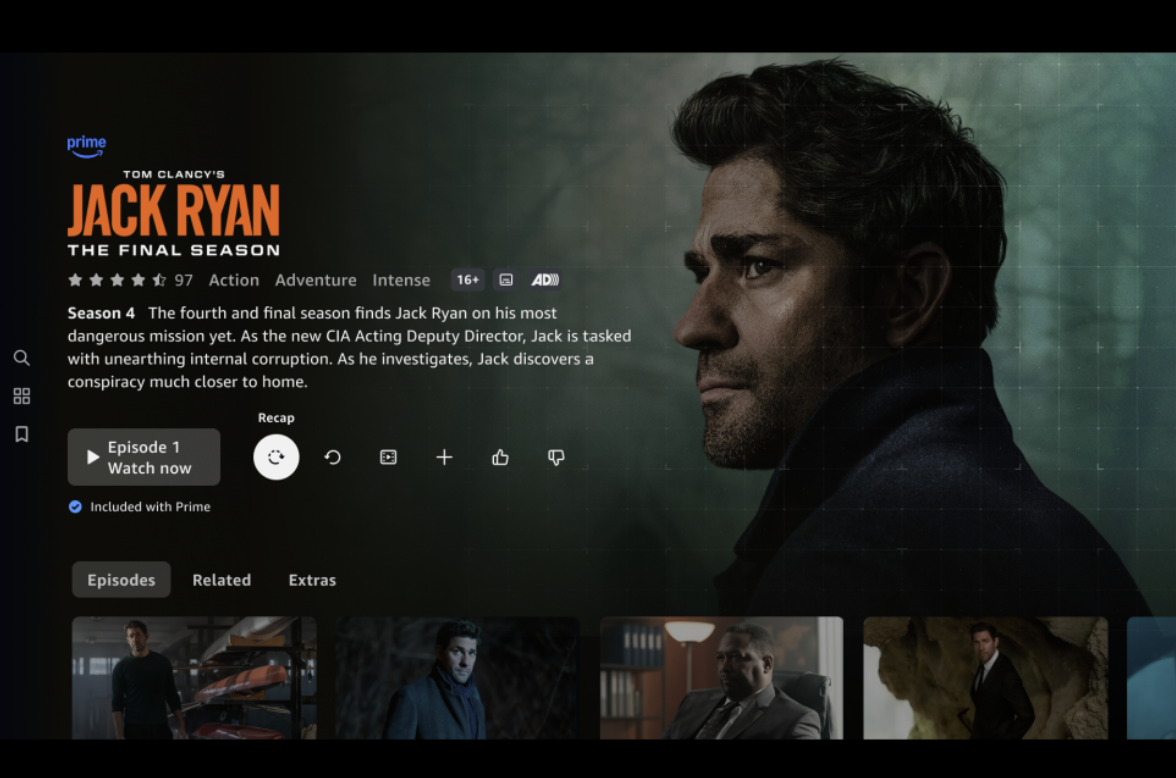
![[리포트]글로벌 스트리밍 대전환과 FAST 시장의 부상](https://cdn.media.bluedot.so/bluedot.kentertechhub/2025/12/7jw8up_202512120304.png)
![[보고서]K-콘텐츠, 몰입형 공간 새로운 경험](https://cdn.media.bluedot.so/bluedot.kentertechhub/2025/12/je15hi_202512061434.png)
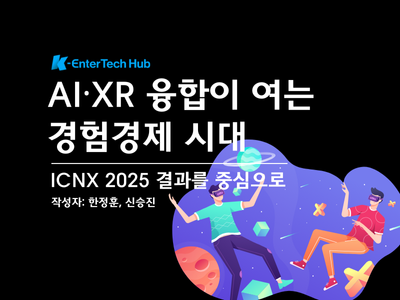


![[K콘텐츠와 K FAST]](https://cdn.media.bluedot.so/bluedot.kentertechhub/2025/11/zxwbgb_202511241038.jpg)
![[모집]1월 9일~14일 글로벌 AI 스템 캠프(자료집)](https://cdn.media.bluedot.so/bluedot.kentertechhub/2025/11/3kf0x5_202511031830.png)
![[MIPCOM2025]글로벌 엔터테인먼트 트렌드](https://cdn.media.bluedot.so/bluedot.kentertechhub/2025/10/duxlsp_202510170000.png)
![[보고서]생성AI와 애니메이션](https://cdn.media.bluedot.so/bluedot.kentertechhub/2025/09/c49fxu_202509271057.png)
